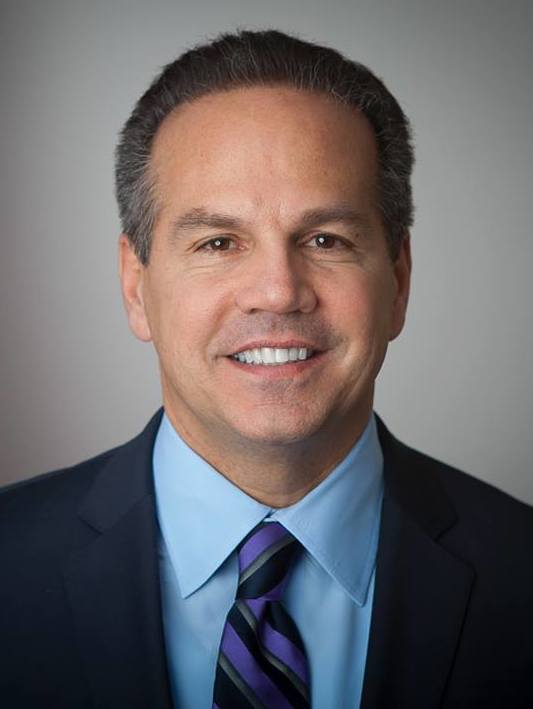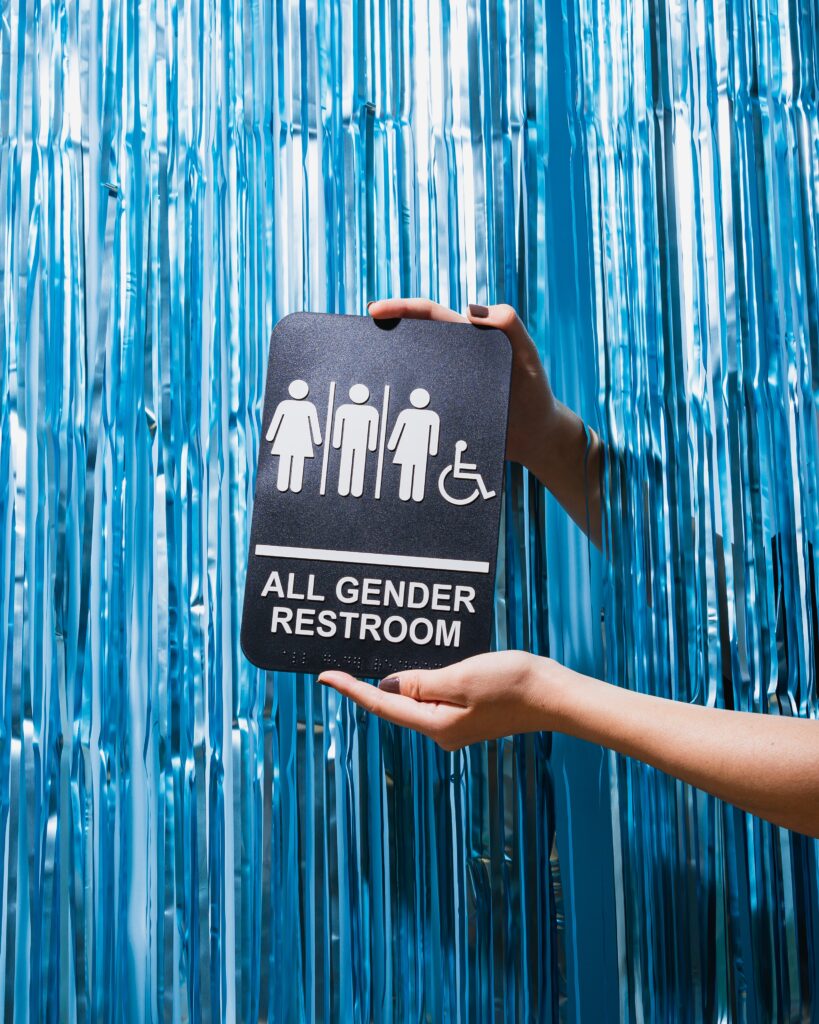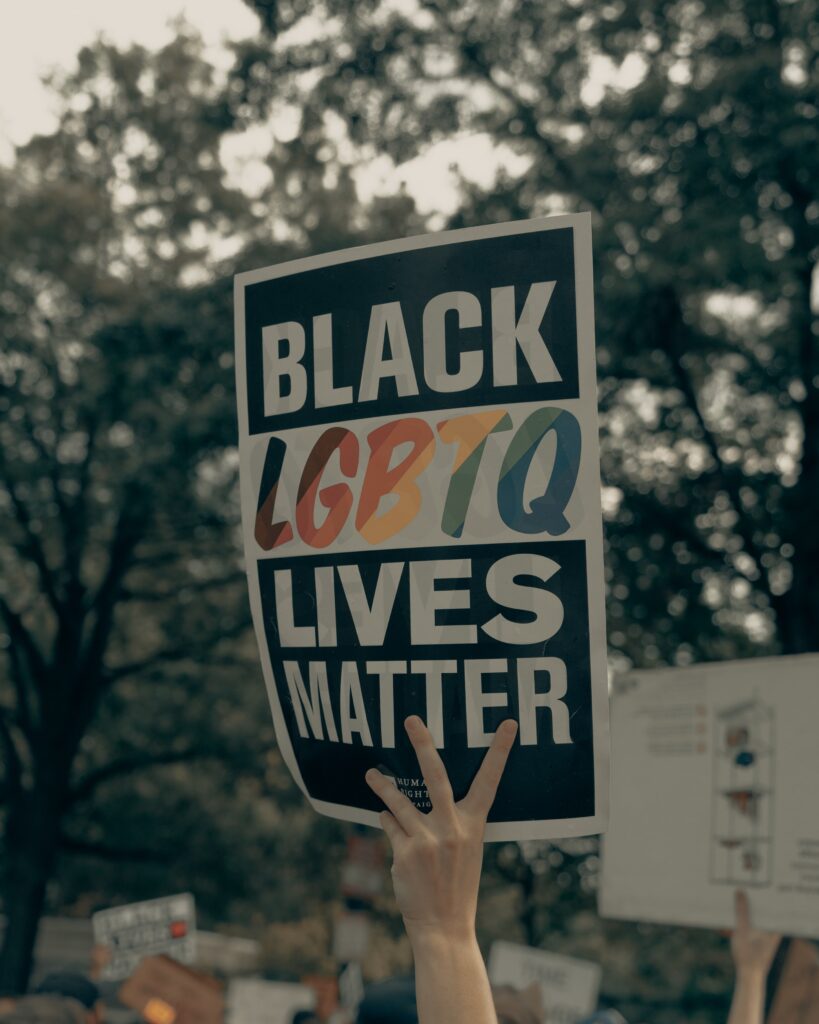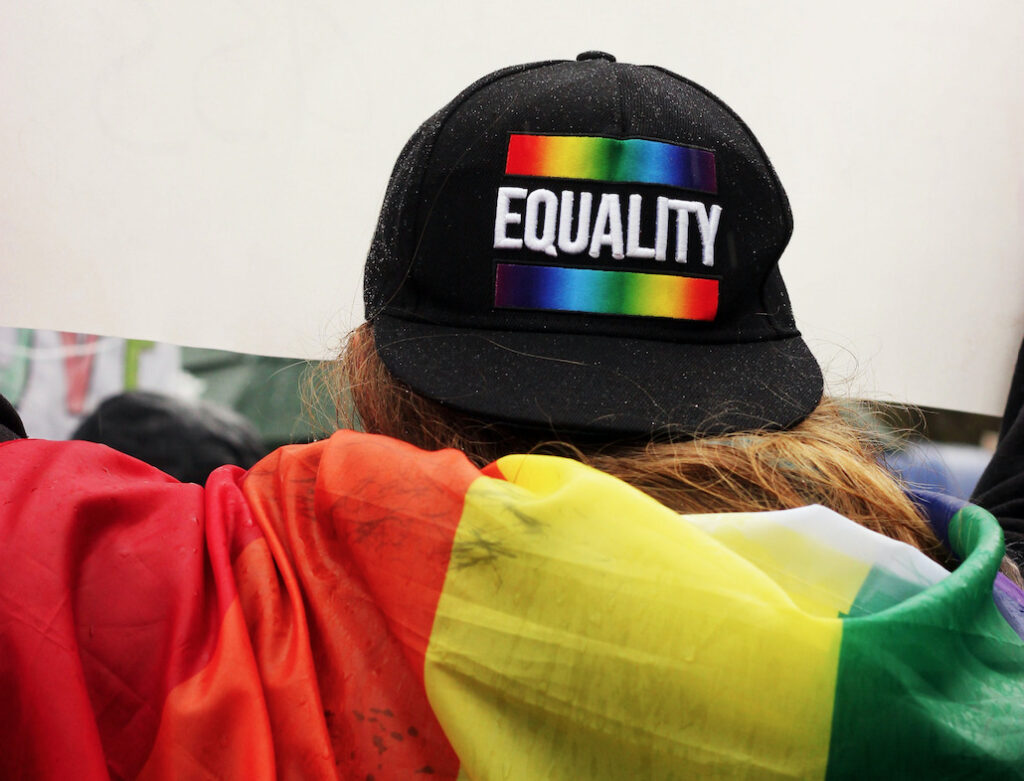Top LGBTQ organizations call for passage of Equality Act
Our community’s leading watchdogs are urging politicians to pass the Equality Act, and comprehensive federal LGBTQ nondiscrimination legislation.
With the reintroduction of the Equality Act by Congressman David Cicilline and colleagues in the in the U.S. House of Representatives today, some of our most dedicated LGBTQ rights groups have lauded the reintroduction of the H.R. 5, a bipartisan comprehensive federal civil rights bill that would create permanent protections for LGBTQ individuals, women, and people of color from discrimination in seven critical sectors, including healthcare, housing, education, employment, federal funding, and public accommodations. The bill was passed by the House of Representatives in the last Congress with a bipartisan vote of 236 to 173 but was blocked from consideration in the Senate by then-Majority Leader Mitch McConnell.
Discrimination is still commonplace for LGBTQ Americans, particularly impacting the lives of older LGBT people – especially in housing, long-term care and healthcare settings. Opponents of LGBTQ equality continue to file discriminatory bills in states across the country in an attempt to undermine existing protections in adoption, marriage and access to basic public services and businesses. The Equality Act would ensure that all LGBTQ Americans can live, work, and access public spaces free from discrimination, no matter what state they call home.

The Equality Act has broad and deep support across lines of political party, demographics, and geography, with 83 percent of Americans saying they favor LGBTQ nondiscrimination protections, including 68 percent of Republicans and a majority in every state in the country.
“Enacting the Equality Act is long overdue. LGBTQ older people cannot wait any longer for nationwide, comprehensive nondiscrimination protections,” said Michael Adams, SAGE CEO. “Across the country, LGBTQ people, allies, business owners, and faith leaders have all been making their support for the Equality Act known. LGBTQ elders should be able to seek out the support and services they need without fear of receiving inadequate care or being turned away. At the end of the day, these protections should extend to every American, including the resilient LGBTQ pioneers that have been facing this discrimination for decades.”

Although 21 states and more than 330 cities have passed LGBTQ nondiscrimination protections, half of LGBTQ people live in the 29 states that still lack comprehensive statewide laws. From our local and state-based work in Florida, Illinois, New York, Virginia, Maryland, New Jersey, and the District of Columbia, we know firsthand that this patchwork of protections is unsustainable and leaves too many people behind.
Rev. Jasmine Beach-Ferrara, Executive Director of the Campaign for Southern Equality, said: “For the one-third of LGBTQ Americans who live in the South, passage of the Equality Act is critical. Despite popular support for LGBTQ protections from a majority of Southerners, state legislatures have remained hostile to progress. So we have worked at every level of government to create protections – from local communities passing ordinances, to encouraging executive and administrative actions at the state level, to working to elect pro-equality candidates at the local, state and federal levels,” she said. “But the urgent problem of anti-LGBTQ discrimination demands a comprehensive – and thus federal – solution, and that solution is the Equality Act.”
In reaction to the announcement, David J. Johns, executive director of the National Black Justice Coalition (NBJC), a leading civil rights organization dedicated to the empowerment of Black LGBTQ+/SGL people, including people living with HIV/AIDS, issued the following statement:
“The Equality Act would provide clear and consistent federal protections for LGBTQ+/SGL people, but it’s critical to underscore that the bill also offers important protections for Black people, women, and members of other marginalized, stigmatized communities, including poor white people. The Equality Act is a bill for us all: It is designed to ensure that everyone in this country is treated with respect, dignity, and equality, regardless of who we are or how we show up in the world.
“Building on foundations of the Civil Rights Act, the Americans With Disabilities Act, and other existing civil rights laws, the Equality Act fills in legal gaps for Black people and members of other marginalized communities who face discrimination, including women and non-binary people. By expanding existing anti-discrimination laws to new domains like ridesharing apps and retail stores, the Equality Act provides legal protection and recourse that has been historically absent for Black and LGBTQ+/SGL experiencing prejudice.”

“The Equality Act, introduced today in the U.S. House of Representatives,[AG1] is a historic and vital nondiscrimination and civil rights bill that would update existing federal laws to protect people from discrimination based on their sexual orientation and gender identity. As the Task Force nears its 50 year anniversary, it has been as long that our community has advocated for legislation at the Federal level,” said Kierra Johnson, Executive Director National LGBTQ Task Force.
The LA LGBT Center added, “The Los Angeles LGBT Center joins with local, state, and national LGBT and social justice organizations in calling on Congress to swiftly pass the Equality Act. Lawmakers must make federal comprehensive LGBT non-discrimination protections a priority. As the nation’s largest provider of programs and services to LGBT people, we know firsthand the discrimination still faced by our community.”
“Today’s reintroduction of the Equality Act by a broad coalition in Congress starts to carve a clear path to LGBTQ equality and marks a new day for our country,” said Imani Rupert-Gordon, Executive Director of the National Center For Lesbian Rights. “The harsh reality is that current anti-discrimination protections fall far short of protecting everyone in our communities, leaving behind LGBTQ people and people of color who continue to face disproportionate discrimination in nearly every aspect of their lives. The Equality Act builds on the important legacy of the Civil Rights Act of 1964 and would provide nondiscrimination protections that include LGBTQ people for the very first time, while also extending protections to the most underrepresented in our communities in housing, healthcare, education, and other vital parts of everyday life.”
In 2019, the Equality Act was introduced in the House of Representatives. It passed the House on May 17, 2019 with a bipartisan 236-173 vote. It was not heard in the Senate.






